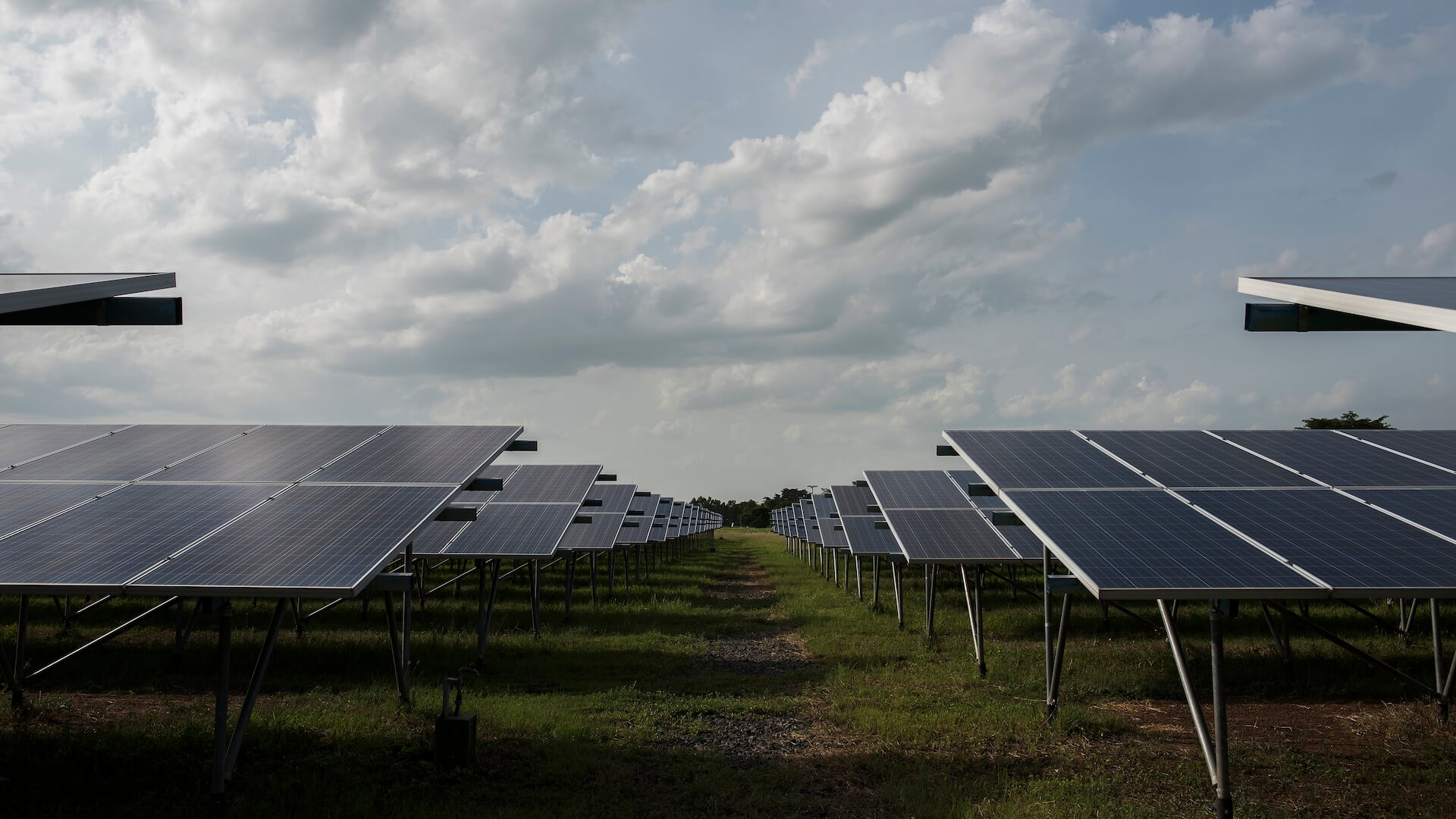
The energy generated by solar panels reached unprecedented levels in 2023, hitting 1,624 gigawatts, with over 27% of that capacity installed in that year alone. Following hydropower and wind energy, solar power has become the third-largest contributor to renewable energy. Experts predict that this rapid growth will continue at a similar pace in the future. Solar panels are becoming increasingly popular for residential, industrial, and commercial use. A common question before investing in solar technology is: what is the solar panel size and weight? Let’s find out!
How big and heavy are solar panels?
The size and weight of a solar panel are two crucial technical parameters, as they fundamentally influence the return on investment for both commercial and residential users. The number of panels that can be installed on a roof may be limited by the roof's size and load-bearing capacity, among other factors. When establishing a solar farm, it is essential to consider the available land area, as it can restrict the number of panels that can be installed. Below, we will provide a detailed overview of the most common parameters.
Solar panel size
Solar panels are equipped with photovoltaic cells, which convert solar energy into electricity. While these cells come in two standard sizes, most manufacturers use cells that are 15.6 x 15.6 centimeters (6.14 x 6.14 inches).
For residential and commercial use, the two most commonly produced solar panel types are the 60-cell and 72-cell models. Here are the exact dimensions.
Solar panel sizes:
- For 60 cells:
- Width: 95-110 centimeters (3.1 - 3.6 feet)
- Length: 165-175 centimeters (5.4 - 5.8 feet)
- Height: 3-3.5 centimeters (1.2 - 1.4 inches)
- For 72 cells:
- Width: 95-110 centimeters (3.1 - 3.6 feet)
- Length: 195-210 centimeters (6.4 .- 6.9 feet)
- Height: 3-3.5 centimeters (1.2 - 1.4 inches)
Solar panel weight
Solar panel weight can vary significantly depending on the manufacturer and model, but they typically range between 17 and 21 kilograms (35-45 pounds). For a system comprising 15 panels, the total weight could be as much as 315 kilograms (765 pounds). The mounting structure adds extra weight, so it is advisable to account for an additional 10 to 20 kilograms (22-44 pounds) per square meter.

How much land do solar farms require?
A solar farm is a photovoltaic system capable of generating electricity on an industrial scale by harnessing solar energy. Many businesses choose to establish solar farms to drastically reduce their energy consumption costs. But how much land do solar farms require?
It takes approximately 0.1 square kilometers (25 acres) of land to generate 5 megawatts of power, which is enough to meet the energy needs of over 1,500 households.
Interestingly, at the time of this article's publication, the world's largest and most powerful solar farm is located in India. The Bhadla Solar Park spans 56 square kilometers and has a capacity of 2,245 megawatts.
And how much land would be needed to cover the energy needs of all European Union member states using renewable sources? Surprisingly little! According to a 2022 study by the European Environmental Bureau, the results are quite astonishing:
"Only 2.2% of the EU’s total land will be required for current and future solar and wind projects to allow the EU to phase out both fossil fuels and nuclear power and reach climate neutrality by 2040."
Solar panel size chart
Are you considering solar technology for your business? Our solar panel size chart helps you estimate the space you may need. We based our calculations on a 250W solar panel, which measures 1.9 m x 1 m.
|
Solar panel system capacity |
Required area |
Number of panels |
|
5 KW |
40 m2 |
20 |
|
10 KW |
80 m2 |
40 |
|
20 KW |
160 m2 |
80 |
|
40 KW |
320 m2 |
160 |
|
80 KW |
640 m2 |
320 |
|
160 KW |
1280 m2 |
640 |
|
320 KW |
2560 m2 |
1280 |
Conclusion
Solar panels provide businesses and households with affordable, green, and sustainable energy. By harnessing the potential of this technology, both energy costs and carbon footprints can be reduced simultaneously. In our article, we discussed the most important questions regarding the size and weight of solar panels. However, our website offers many other articles on green energy sources.
